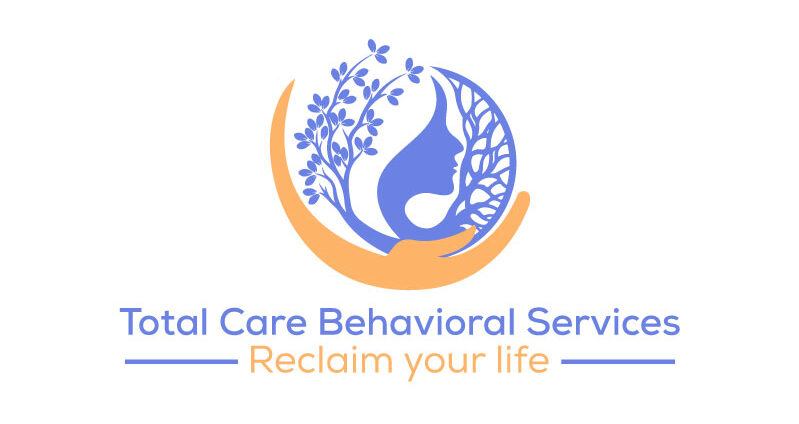Schizophrenia: Understanding the Complexities of the Mind
Key Takeaways
Introduction
Schizophrenia is a severe mental disorder that impacts how a person thinks, feels, and behaves. Often misunderstood and stigmatized, it is crucial to raise awareness and foster understanding about this condition to support those affected. Characterized by symptoms like hallucinations, delusions, and cognitive impairments, schizophrenia affects approximately 1% of the global population.
This article explores schizophrenia’s symptoms, causes, treatment options, and the importance of societal support.
What is Schizophrenia?
Schizophrenia is a chronic mental health condition classified as a psychotic disorder. It distorts a person’s perception of reality, leading to difficulties in distinguishing between what is real and imagined. The onset typically occurs in late adolescence or early adulthood, with symptoms manifesting differently in each individual.
Key Symptoms of Schizophrenia
Schizophrenia symptoms are broadly categorized into three groups:
- Positive Symptoms (Adding behaviors or experiences):
- Hallucinations (hearing or seeing things that are not present)
- Delusions (false beliefs, such as paranoia or grandiosity)
- Disorganized speech and behavior
- Negative Symptoms (Reduction in Normal Functioning):
- Lack of motivation
- Social withdrawal
- Flattened emotional response
- Cognitive Symptoms:
- Impaired memory
- Difficulty in concentrating or making decisions
Understanding the Causes of Schizophrenia
The exact cause of schizophrenia remains unknown, but researchers believe it results from a combination of genetic, environmental, and neurological factors.
1. Genetic Predisposition
A family history of schizophrenia significantly increases the risk. Studies suggest that specific genetic variations may affect brain development, potentially leading to the disorder.
2. Brain Chemistry and Structure
Imbalances in neurotransmitters like dopamine and glutamate are associated with schizophrenia. Brain imaging has also revealed structural differences, such as enlarged ventricles and reduced gray matter.
3. Environmental Triggers
Certain environmental factors can trigger schizophrenia in individuals predisposed to the disorder, including:
- Prenatal exposure to infections or malnutrition
- Substance abuse, particularly during adolescence
- Traumatic life events or chronic stress
Diagnosis of Schizophrenia
Diagnosing schizophrenia is challenging, as its symptoms often overlap with other mental health conditions. A comprehensive evaluation typically involves:
- Clinical Interviews: Detailed discussions about symptoms and medical history.
- Psychological Testing: Assessing cognitive and emotional functioning.
- Brain Imaging and Lab Tests: Used to rule out other conditions or abnormalities.
A diagnosis requires symptoms to persist for at least six months and significantly impact daily functioning.
Treatment Options for Schizophrenia
While schizophrenia is a chronic condition, effective treatments can help individuals manage symptoms and improve their quality of life.
1. Medication
Antipsychotic drugs are the cornerstone of schizophrenia treatment, helping to reduce the severity of symptoms.
- First-Generation Antipsychotics: Effective but often associated with severe side effects.
- Second-Generation Antipsychotics: Newer medications with fewer side effects, commonly prescribed today.
2. Psychotherapy
Therapeutic interventions complement medication by addressing behavioral and emotional challenges:
- Cognitive Behavioral Therapy (CBT): Helps individuals recognize and challenge delusional thoughts.
- Family Therapy: Educates families about the condition and improves communication.
- Social Skills Training: Builds confidence and enhances social interactions.
3. Rehabilitation Programs
Rehabilitation focuses on reintegrating individuals into society by teaching life skills, job training, and financial management.
4. Hospitalization
In severe cases, short-term hospitalization may be necessary to stabilize symptoms and ensure safety.
Living with Schizophrenia: Challenges and Coping Strategies
Living with schizophrenia presents unique challenges, but many individuals lead fulfilling lives with the right support and strategies.
Common Challenges
- Stigma and Discrimination: Misconceptions about schizophrenia often lead to social isolation.
- Adherence to Treatment: Managing side effects and maintaining consistency in treatment can be difficult.
- Relapses: Stress or discontinuation of medication can trigger symptom recurrence.
Coping Strategies
- Building a Support System: Regular contact with supportive family members, friends, and peers.
- Stress Management: Practicing relaxation techniques like meditation and yoga.
- Maintaining Routine: Establishing daily routines can provide stability.
- Educating Oneself: Understanding the condition empowers individuals and reduces fear of the unknown.
Schizophrenia in Special Populations
1. Schizophrenia in Women
Women often experience later onset and milder symptoms compared to men. Hormonal changes, especially during pregnancy and menopause, may influence symptom severity.
2. Schizophrenia in Children and Adolescents
Childhood-onset schizophrenia is rare but presents unique challenges, including developmental delays and difficulty distinguishing symptoms from typical childhood behavior.
3. Cultural and Social Factors
Cultural beliefs and societal norms significantly influence the perception and treatment of schizophrenia. In some cultures, symptoms like hallucinations may be misinterpreted as spiritual experiences.
Latest Research and Innovations
Exciting advancements in neuroscience and technology offer new hope for schizophrenia treatment:
1. Digital Health Tools
Mobile apps and telehealth platforms provide accessible therapy and medication reminders.
2. Biomarker Research
Identifying biomarkers may allow earlier diagnosis and personalized treatment plans.
3. Gene Therapy and Advanced Medications
Ongoing research aims to develop treatments targeting the underlying genetic and biochemical causes of schizophrenia.
Supporting a Loved One with Schizophrenia
Caring for someone with schizophrenia requires patience, empathy, and knowledge. Support strategies include:
- Encouraging adherence to treatment.
- Participating in family therapy or support groups.
- Learning about the condition to better understand challenges and behaviors.
Conclusion
Schizophrenia is a complex yet manageable condition. With early intervention, comprehensive treatment, and societal support, individuals with schizophrenia can achieve stability and lead meaningful lives. As research advances, there is hope for better diagnostic tools and treatments that address the root causes of the disorder.
Breaking the stigma surrounding schizophrenia begins with understanding and compassion. By fostering an inclusive environment, society can empower those affected to thrive.
Value-Added Tips for Readers
Frequently Asked Questions
References:
- World Health Organization: WHO. (2022, January 10). Schizophrenia.
- Schizophrenia – Symptoms and causes. (n.d.). Mayo Clinic.
- Schizophrenia. (n.d.). National Institute of Mental Health (NIMH).

